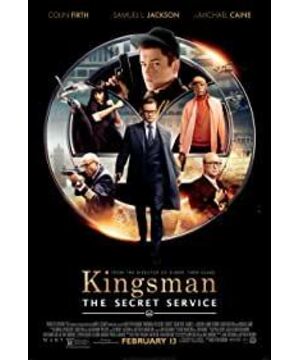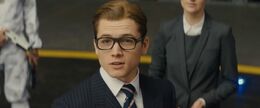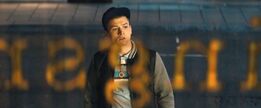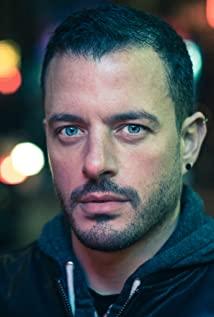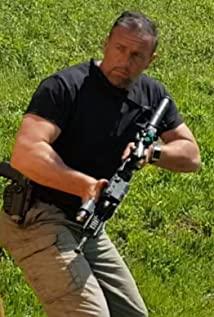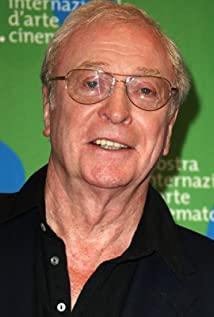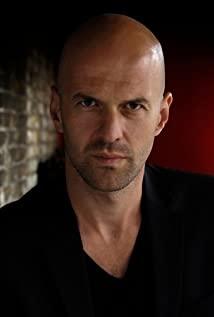I have to say that I have always been tepid with spy films in recent years, and even "Skyfall", which is "a tribute to 50 years", still feels a little disappointed. While the hardware pays homage—the Aston Martin DB5, the reincarnated Q, a few serious suits—the core of the film is the realism that Craig represents. It's not that realism is bad, but I still prefer the old-school spy movies of the 1960s and 1970s represented by Moore and Sean: extreme romanticism. When the continuous World War II and World War II finally ended, people of that era naturally began to advocate the upper class society, which was drunk with money and spending money like water, so the romanticism of men's standard custom suits and women's high-end jewelry dresses gradually reached its peak. Afterwards, the overall economic level of the world gradually recovered, and people's lives gradually became richer. When the scenes in the movie became a reality, people's eyes returned to realism. As a result, blood and violence replaced elegance and romance, and new-school spy-war films that were more and more inclined to the "action" genre gradually replaced the old-school spy-war films and became the mainstream.
The first half of the film is Colin Firth's solo show, a symbol of old-school spy movies and romanticism. Wearing a simple suit, he appeared in front of the audience with a big black umbrella in the image of a typical "old British gentleman", and a few words to Arthur, such as "the times have changed", obviously conveyed to the audience: "I'm an old-school spy." When he was talking to Eggsy about "Nikita", the other party talked about "My Fair Lady", and Colin could only end the conversation with "Your answers always surprise me". It's not hard to see that the days of older spies like Harry are coming to an end.
When Uncle Colin dies, the film's protagonist becomes Taron Egerton, the new school of spy movies and realism. Dressing in casual clothes and swearing from time to time shows that this is the image of a modern young man. He first found Arthur and performed a little trick to make Arthur drink the poisoned wine himself. Presumably Arthur didn't expect that his "old ginger" would be lost in the hands of a hairy boy, just like an old-school spy war movie. Inexplicably, it gave way to a new spy war movie. And the demise of the entire old generation of Kingsman also heralds the rise of a new generation of young people.
The end of the film is just an innovation of the director, which perfectly blends realism and romanticism, two cores that have always been on opposite sides. The young Eggsy put on the custom suits of the older generation; the original bloody headshot scene was shot so elegantly and beautifully; Lancelot could fly to the near-Earth atmosphere in a "hot air balloon" to blow up satellites; the villain The absurd plan has succeeded a little... The boundaries between reality and romance have been blurred and disappeared, and the old school and the new trend have been mixed into a novel and attractive gluttonous feast.
After watching it, I can't help but think of the interview the director gave before the film was released: "People want to have fun and escape from reality in superhero movies. This is why "Guardians of the Galaxy" has achieved great success. Nolan created darkness , cool superhero movie style, but I think people are tired of it." Personally, I think this statement is not unreasonable. Nolan opened the "dark" superhero movie style (realism), but does this really mean that the previous style (romanticism) is useless and needs to be completely changed? What "Kingsman" shows is the perfect combination of the two doctrines: combining the strengths of the two and discarding the weaknesses of the two. A newer and more mature spy war movie will be on the stage, opening a new chapter in spy war movies.
[If there is something wrong with what I said, I hope all the great gods will come to correct me = =]
View more about Kingsman: The Secret Service reviews


